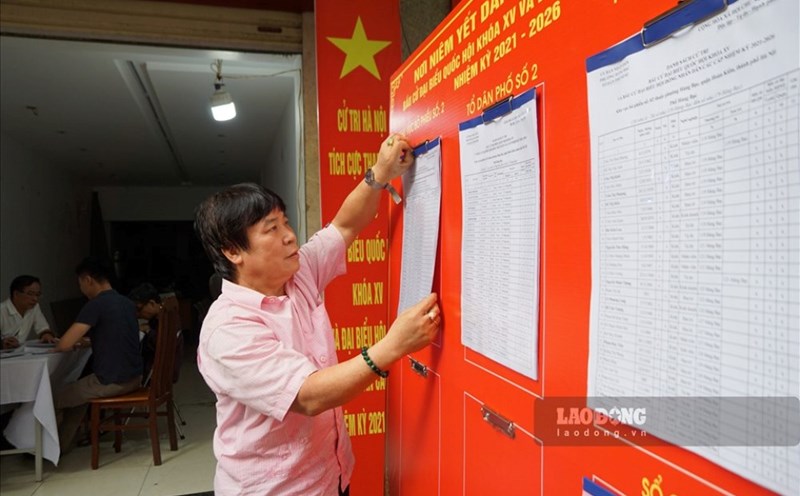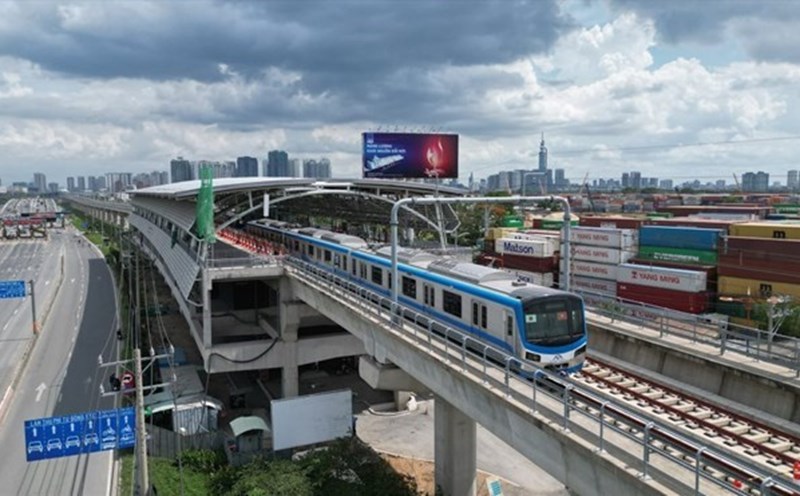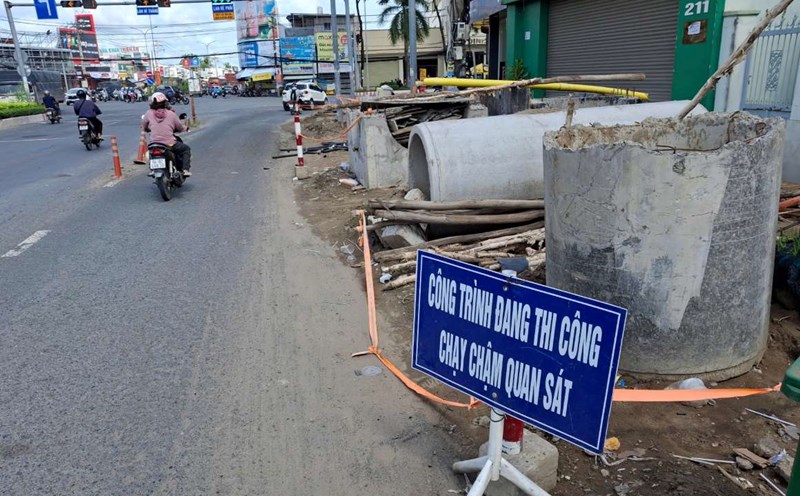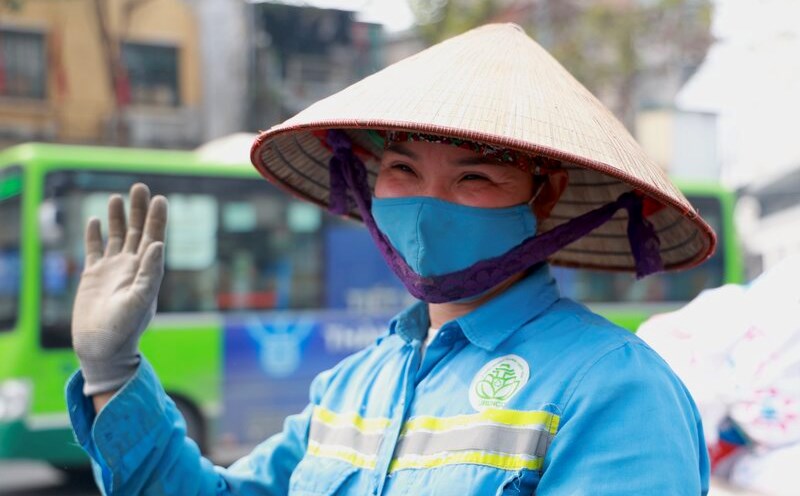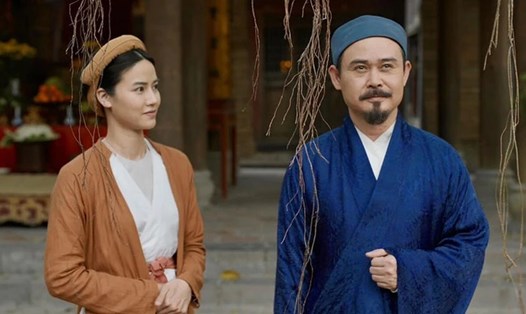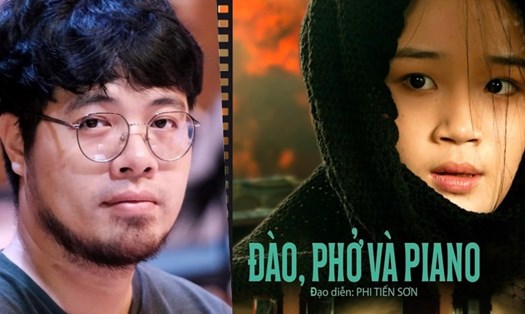Director of the Department of Cinema Dang Tran Cuong shared with Lao Dong reporter about the issue that is of public concern.
answers about the current situation of distributing films ordered by the State
Responding to the question about the limitations that make it difficult for State-ordered films to be widely available to the public, the Director of the Department of Cinema said that the context of digital technology has strongly changed the habit of enjoying cinema.
Audiences today tend to choose convenient online platforms, while still maintaining the habit of going to commercial theaters - which not only bring professional cinematic experience, strong media effects but also entertainment space, connecting friends and family. Meanwhile, State-ordered films have appeared quite limited on these channels, leading to not taking full advantage of their potential for spread and not really reaching new audiences, especially young people.
This is not necessarily a weakness, but rather a gap that needs to be filled to keep up with the development trend of science and technology as well as the development of society to improve the effectiveness of this special film genre - Director of the Department of Cinema commented.
He also emphasized that films produced with the state budget aim to propagate guidelines and policies; arouse national pride and patriotism; nurture revolutionary ideals for all classes of people, especially the younger generation. Therefore, the top criterion is not box office revenue but the popularity and influence of spreading political, historical, and cultural messages to a wide audience.
According to him, in reality, the effectiveness of this film genre is proven by a wide and diverse distribution network. Mobile film screening teams have been bringing films to people from urban to rural areas, remote areas, border areas and islands. In 2024 alone, the country will have 162 mobile film screening teams, conducting 28,357 screenings, serving more than 3.47 million audiences.
This is the path of release that is in essence serving the political mission of bringing culture and cinema to the people, where commercial films are unlikely to be present - Mr. Dang Tran Cuong affirmed.
The legal framework for issuance is being finalized
According to Mr. Dang Tran Cuong, the Vietnamese film industry has long been proactively implementing many forms of free film distribution, online screenings and combining with the education system to serve students.
Over the past decades, State-ordered films have been regularly brought to schools, from urban to rural areas, especially boarding schools for ethnic minorities, industrial parks and remote areas. This is a regular activity, becoming a familiar part of school cultural life - Mr. Cuong shared.
Central and local television systems and specialized channels such as Cine7 also regularly broadcast these works, helping the films reach millions of audiences nationwide.
However, according to Mr. Cuong, the current challenge is to keep up with technology trends, build mechanisms with OTT services (providing digital content to users via the internet) to bring State-owned films to a wide audience, creating motivation for publishers to participate, while expanding and diversifying distribution channels.
He emphasized: The Decree on the distribution and dissemination of films for political tasks is being finalized; opening a new, clear, transparent legal framework with many regulations to facilitate the dissemination of State-ordered films more widely and effectively. Accordingly, mechanisms to encourage public-private partnership and socialization of film distribution will be promoted; online distribution methods, free screening, or screening combined with cultural and educational events will also be focused on".
Mr. Cuong affirmed that this will be an important step forward, helping the political and revolutionary film genre get closer to the public, especially the younger generation, while affirming the position and strategic role of State-ordered films in social spiritual life.


